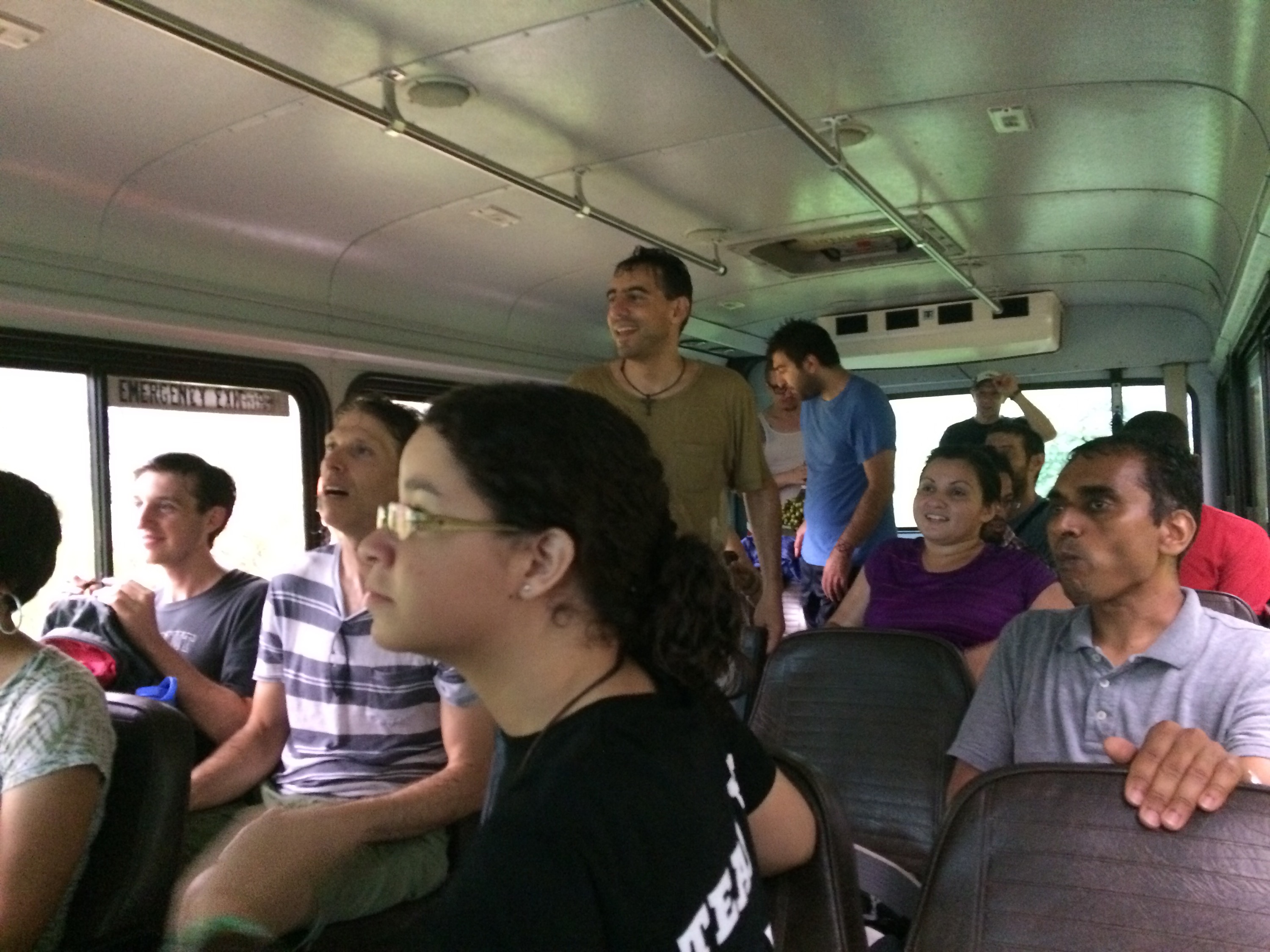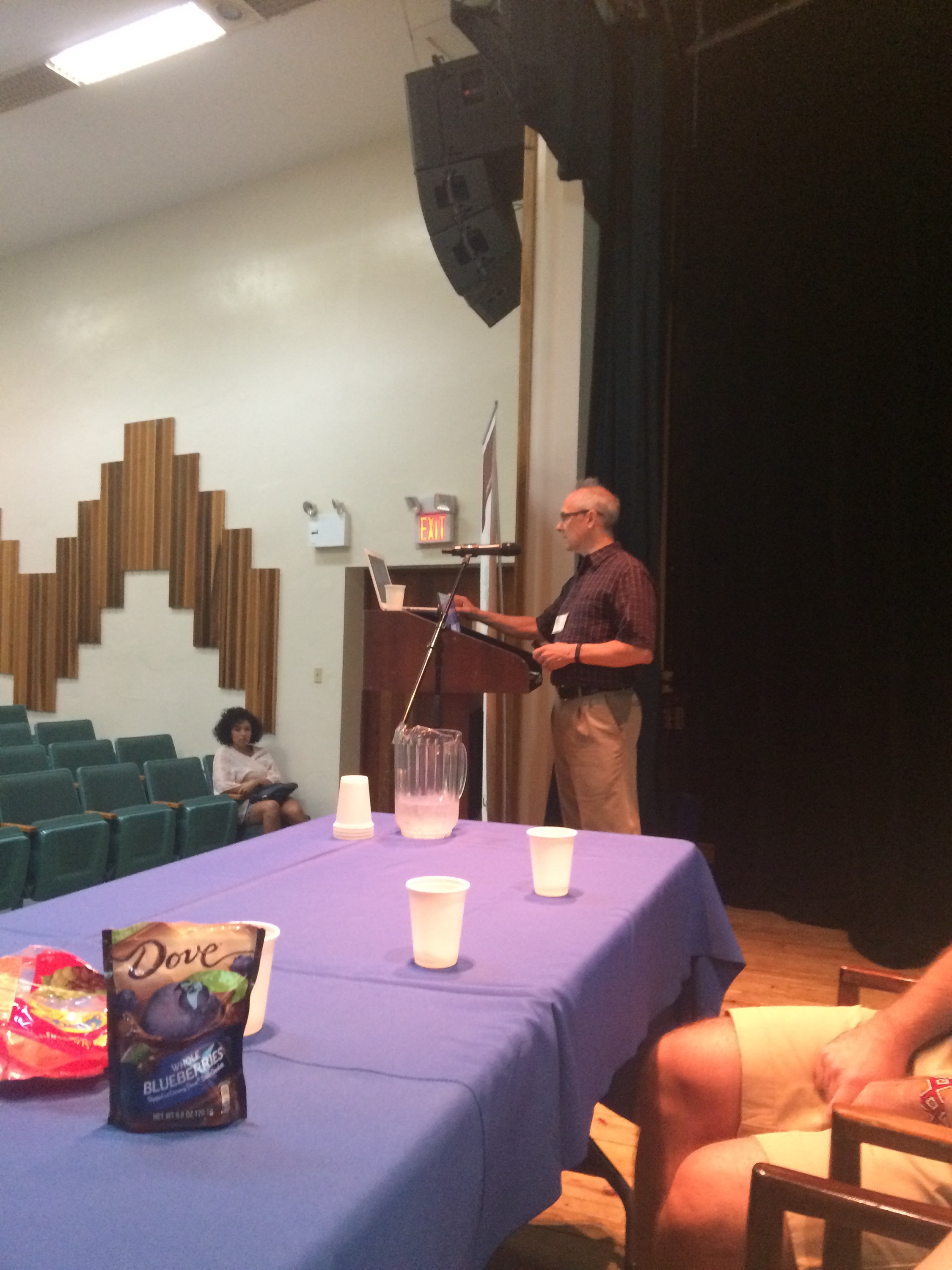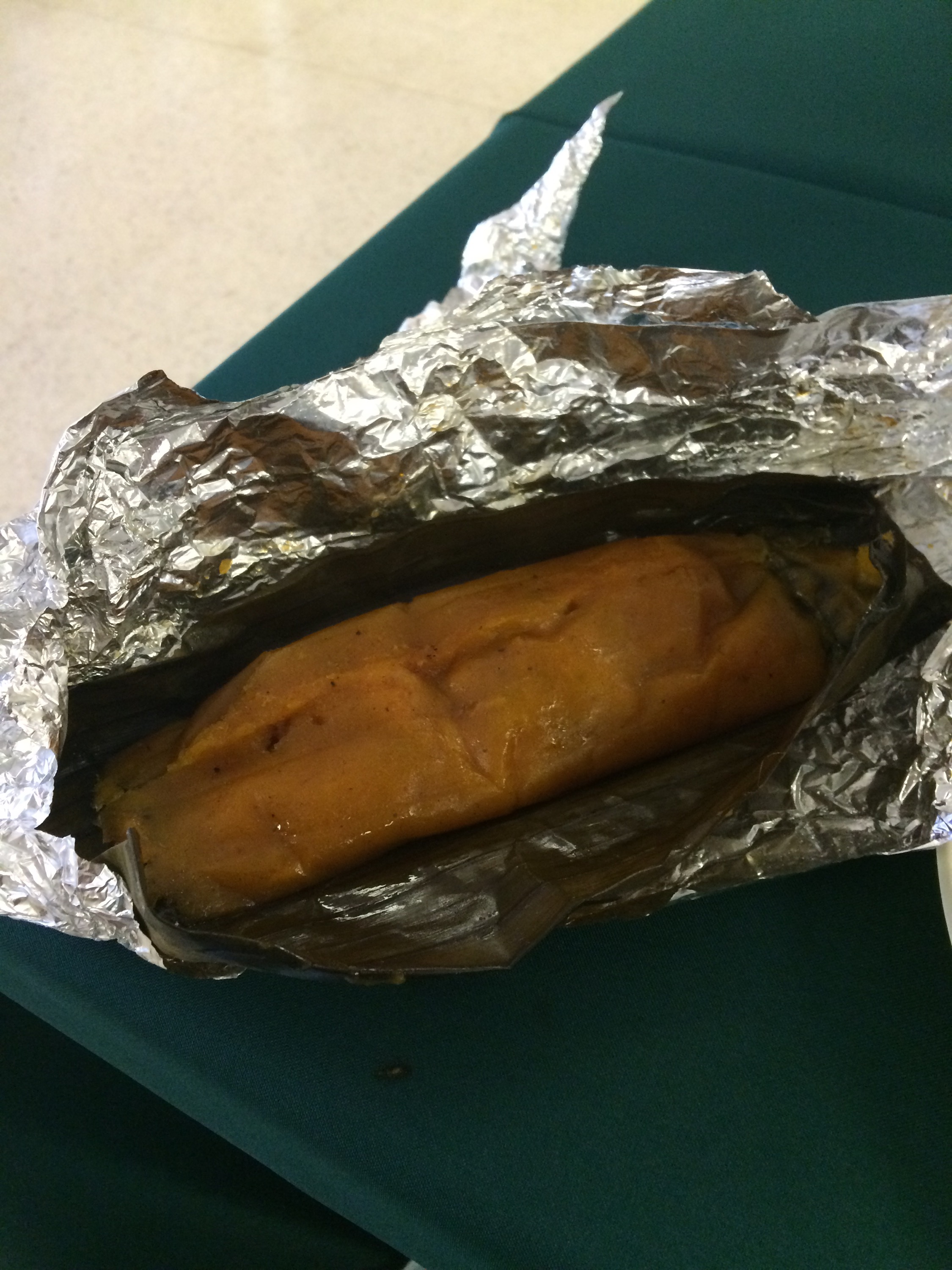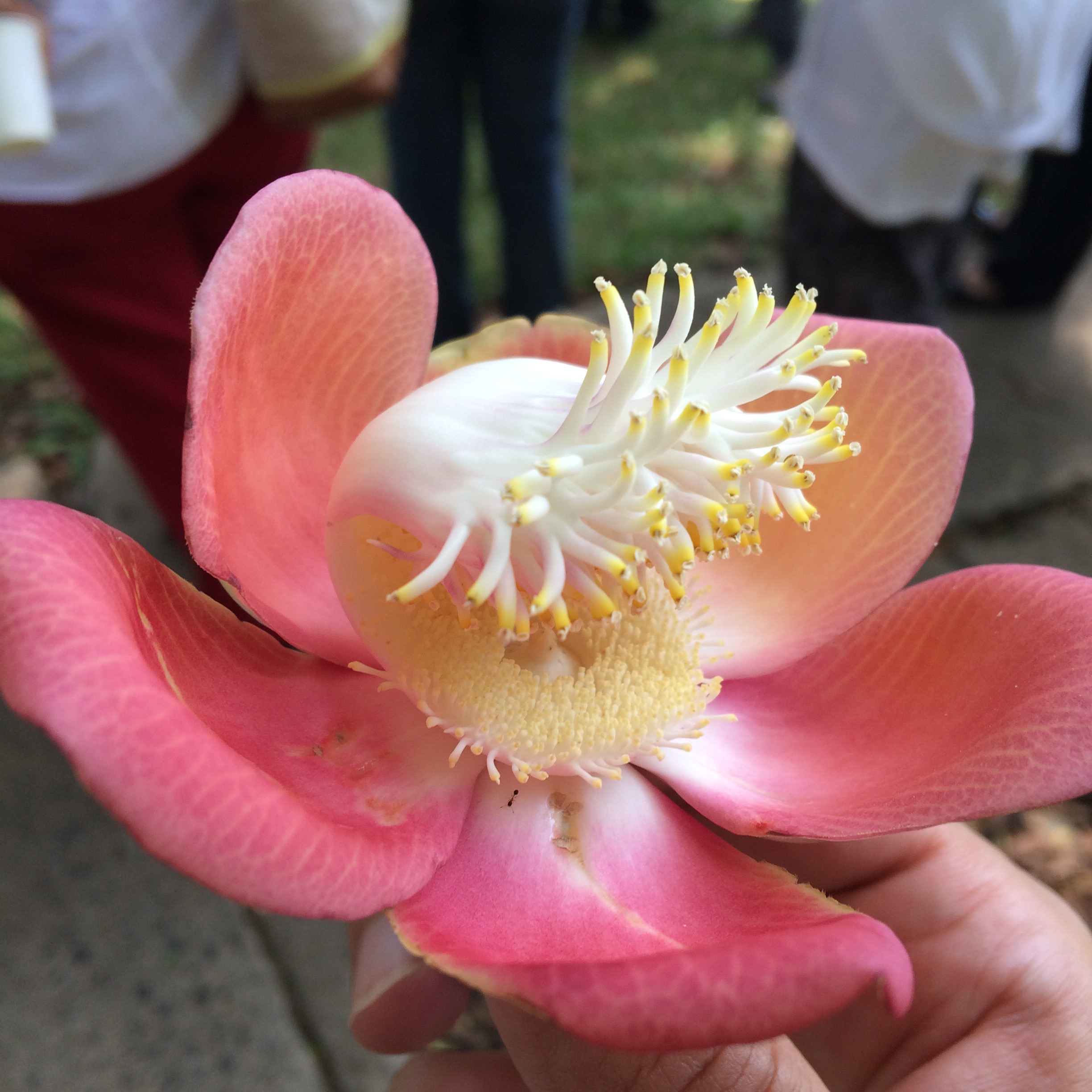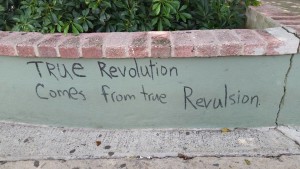The conference went on the road for day 3 to a town in the nearby mountains to visit a social justice movement where engineers and engineering have played a central role. Thanks again to UPRM for the resources they provided.
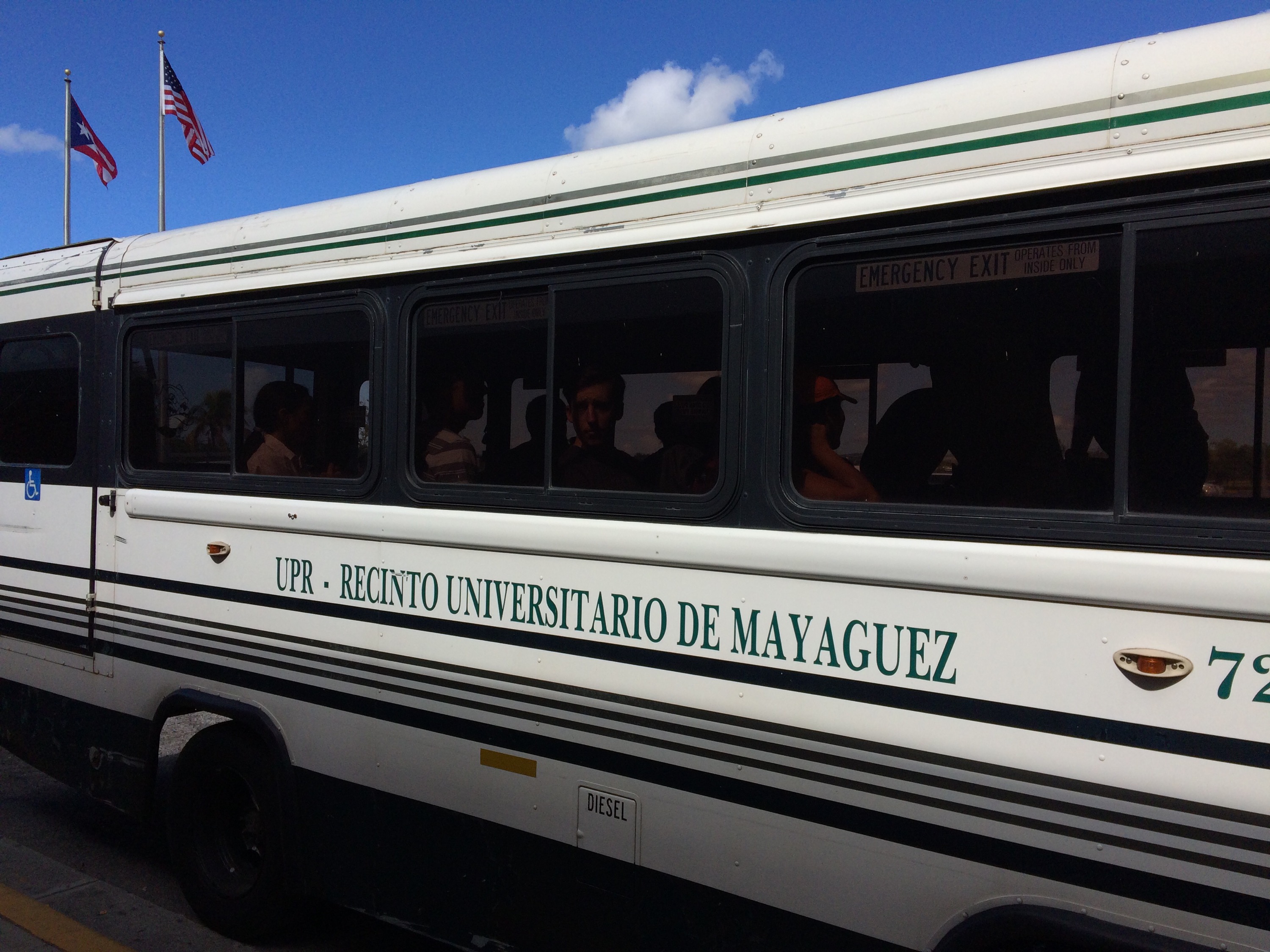
In 1980, the Casa Pueblo movement was founded in response to the proposal to begin large open pit mining across the width of Puerto Rico. A team of activists including artists, scientists, and engineers protested the grave consequences the mining projects would create by founding Casa Pueblo. And, after mobilizing with the community, the movement successfully stopped the open pit mining campaign. One of the leaders of the movement, Alexis Mossol-Martinez, led a presentation to the audience about the movement and its history.

Today, the Casa Pueblo movement is still very active. One of its objectives has always been the creation of art in support of the movement, reflecting its commitment to art, a small school for music trains children from the community.

Casa Pueblo also runs an amazing “Escuela de Bosque” or Forest School. Here, Casa Pueblo educates the public about the importance of the rain forest to Puerto Rico’s survival.
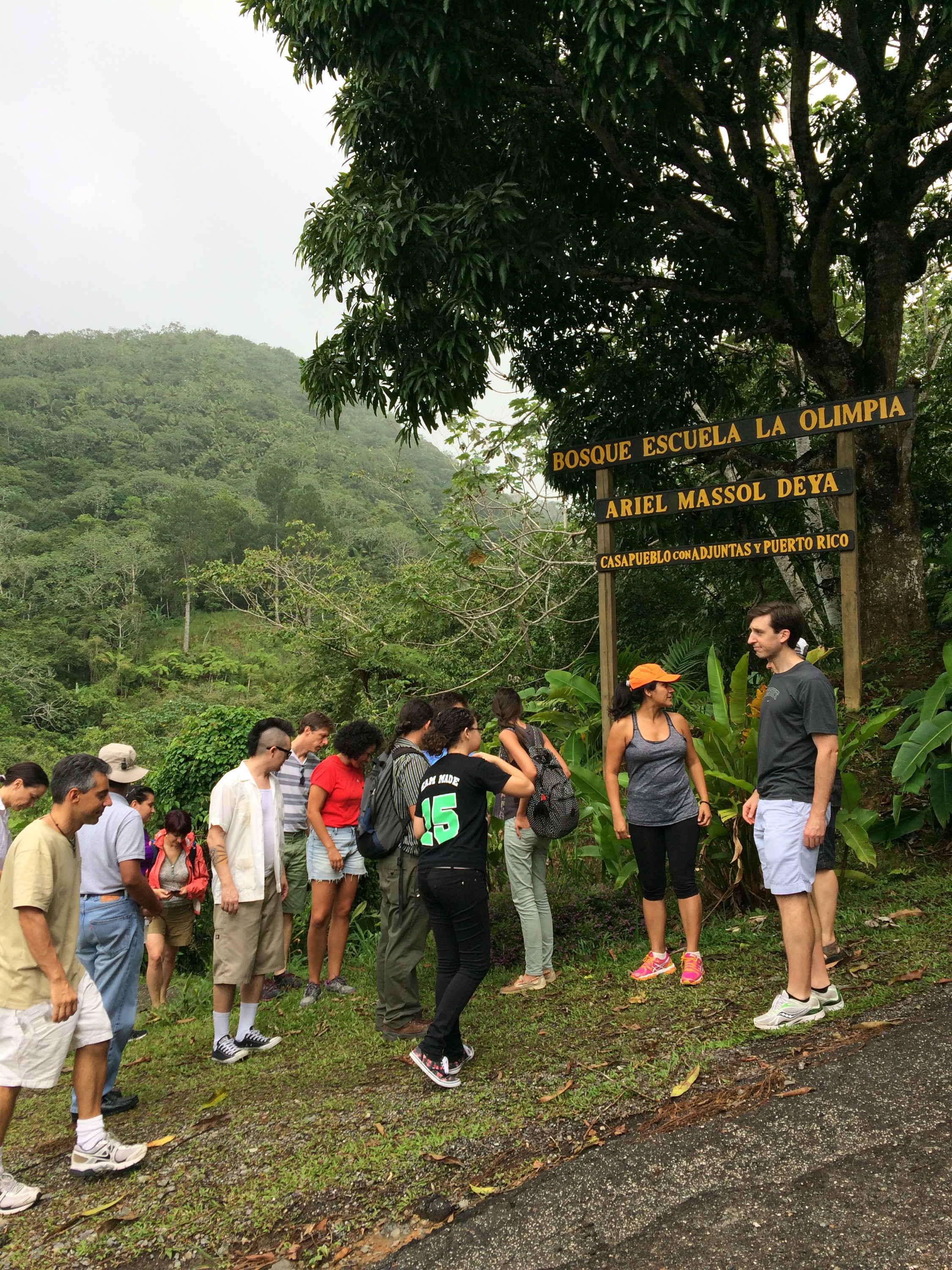
The forest was beautiful, but unfortunately I didn’t get any pictures because of the rim and my desire to keep my phone dry. When we got back to the bus, the group was soaked, but happy to have visited.
Day 3 was also end of the conference. The conference was my first, and it was also the first conference that I had the opportunity to critically engage the engineering practice with a community of others. I hope to come back to many more, and hopefully, to places like Mayagüez who was such a great host.

